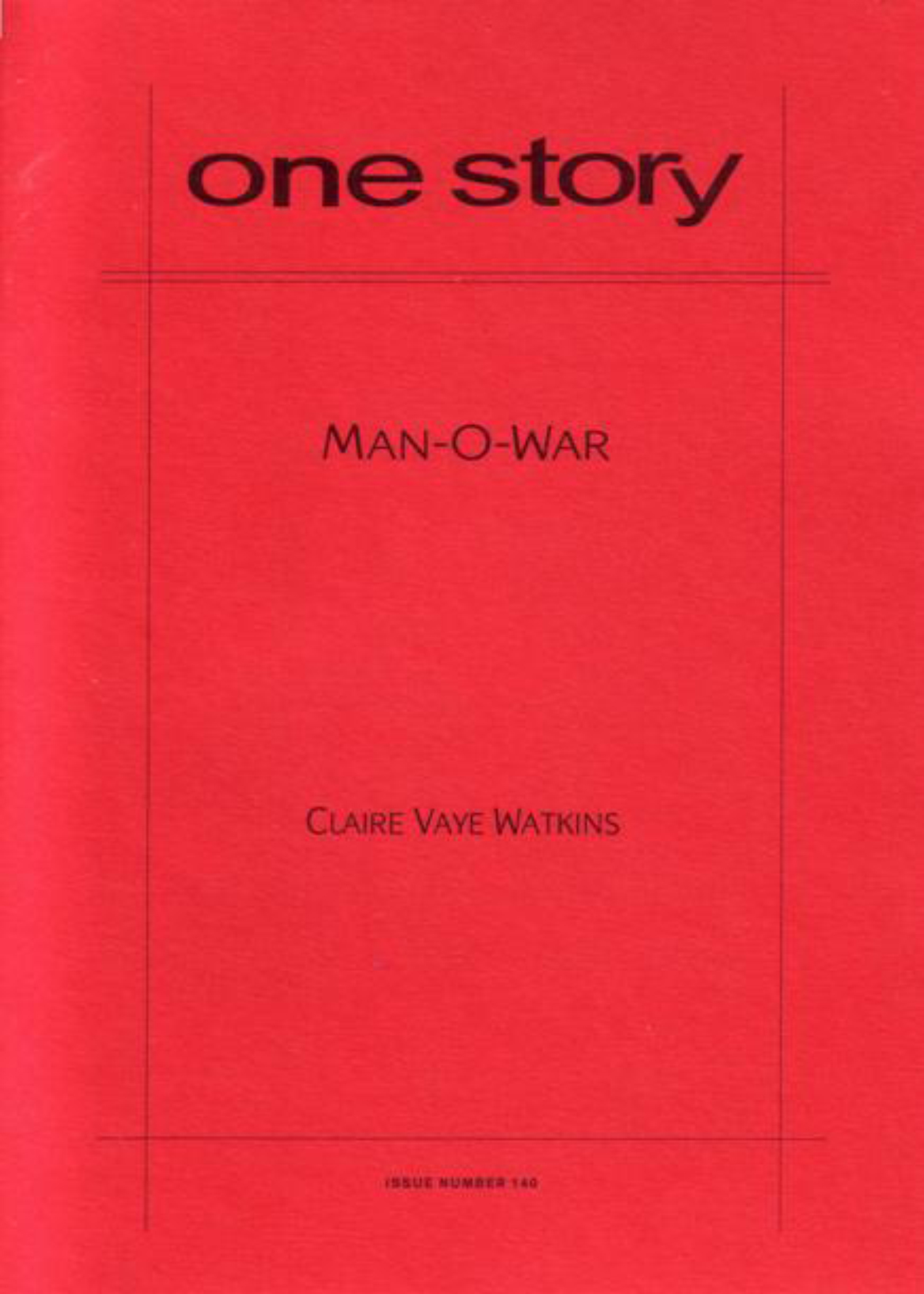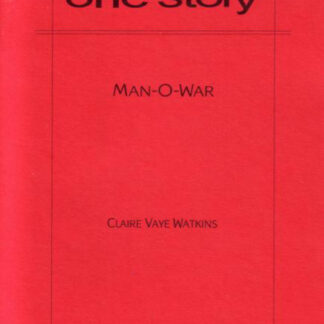
Man-O-War
51 in stock
Excerpt
The fifth of July. While Harris loaded his find into his truck Milo slunk out and sniffed around the dry lakebed. The bitch was a pound mutt—mostly Lab was the old man’s guess—and the abandoned stash was a good one, like last night’s festivities never got to it: at least fifteen Pyro Pulverizer 33 Shot repeaters, a load of Black Cat artilleries and Screamin’ Meamies, some Fortress of Fire and Molten Core mortars, probably three dozen Wizard of Ahhhs and one Man-O-War, a hard to find professional-grade shell pack, banned even on Paiute land after an Indian boy blew his brother’s face off in ‘99. It was a couple grand worth of artillery, all told. The largest pile Harris had ever found.
Every Fourth of July kids from Gerlach, Nixon, Sulfur and Indian kids from the Paiute res came out to the Black Rock with their lawn chairs, coolers of Miller, bottles of carnival-colored Boone’s Farm for the girls. They built themselves a bonfire, got thoroughly loaded and shot off fireworks. The lakebed had no trees, no brush, no weeds to catch fire, just the bald bottom of an ancient inland sea.
Claire Vaye Watkins
Claire Vaye Watkins is a Nevadan and a Presidential Fellow at the Ohio State University, where she received her MFA. Recent stories and essays have appeared in Ploughshares, Hobart, The Hopkins Review, Las Vegas Weekly and Granta.
Q&A by Hannah Tinti
- HT: Where did the idea for this story come from?
- CW: He is based on several hyper-exuberant central Europeans I have met over the years. You were never sure where they stood, what kind of secret organizations they were a part of, but in the end you didn’t really care because their enthusiasm was infectious. You wanted to be around them. Sarajevo is filled with many of these characters. Thoughtful smokers. Amateur historians with murky pasts. Much of Brusa’s appeal comes from his mystery, and like Valise, I believe most of us are searching for a little snuff-pinch of mystery whenever we pick up a short story.
- HT: What was the most challenging aspect of writing this story?
- CW:
- HT: Why did you choose to set “Man-O-War” in Nevada?
- CW:
- HT: Rocks and minerals are important objects that weave their way throughout the story. Was this on purpose, and is it why you made Harris a miner?
- CW:
- HT: You seem like an expert on fireworks. Is this from research or experience? The scene where Harris explains the colors is beautiful.
- CW:
- HT: When Magda’s relationship with her father is revealed, it is horrible, but also rings true for the narrative. Is this something you knew when you started the story, or did it come as a surprise?
- CW:
- HT: Do you think there’s any hope for Harris, or is he destined to spend the rest of his life alone?
- CW:
- HT: How long did it take you to complete this story?
- CW:
- HT: What are you working on now?
- CW:
- HT: What is the best bit of advice about writing you have ever received?
- CW:
